T4K3.news
Lithium Levels Hint at Alzheimer’s Path
A study links brain lithium to aging and suggests a potential path for human research, but trials are still needed.

A study links brain lithium levels to aging and suggests a potential pathway to prevent Alzheimer's, but human trials are still needed.
Lithium Levels Suggest Alzheimer’s Prevention Path
Researchers from Harvard and Rush Universities analyzed postmortem brain tissue and measured about 30 metals across groups with normal cognition, mild cognitive impairment and advanced Alzheimer's. They found lithium was the only metal that differed between healthy and impaired brains. In mice engineered to develop Alzheimer’s-like brain changes, a lithium restricted diet lowered brain lithium to levels similar to human patients with the disease and accelerated aging markers, including inflammation and loss of neural connections.
While the study spots a possible link between lithium and brain aging, experts caution that results in animals do not directly translate to humans. The scientists say clinical trials are needed to test safety and effectiveness in people, and they propose using lithium levels as a potential screening tool for early signs of dementia.
Key Takeaways
"Low lithium levels accelerated the brain aging process."
Direct quote from study findings about lithium impact in animals
"There is no cure for Alzheimer's disease."
Statement on current disease status used in the article
"Measuring lithium levels could help screen for early signs of the disease."
Researchers propose a potential screening approach
Editorial note: The study contributes to a growing interest in repurposing existing compounds for brain diseases, but it is too early to draw medical conclusions for people. Lithium has a narrow therapeutic window, so any clinical use would require careful dosing and safety checks. The work highlights inflammation and neuron signaling as possible mechanisms, but further research is essential to confirm relevance in humans.
Real-world impact will depend on human trial results, regulatory review, and clear public communication to avoid hype. If future studies confirm safety and benefit, measuring lithium levels could become part of a screening toolkit for early dementia, but misinterpretation or premature use could mislead patients and families alike.
Highlights
- Low lithium levels accelerated the brain aging process.
- There is no cure for Alzheimer's disease.
- Measuring lithium levels could help screen for early signs of the disease.
- The plaques and tangles block brain neurons from sending signals.
Alzheimer’s lithium findings raise public health concerns
This study is in animals and relies on postmortem data. If misinterpreted, people may self-medicate or pursue unproven supplements. Public interest and funding decisions could shape research priorities and timelines.
The next steps will test safety and effectiveness in people.
Enjoyed this? Let your friends know!
Related News
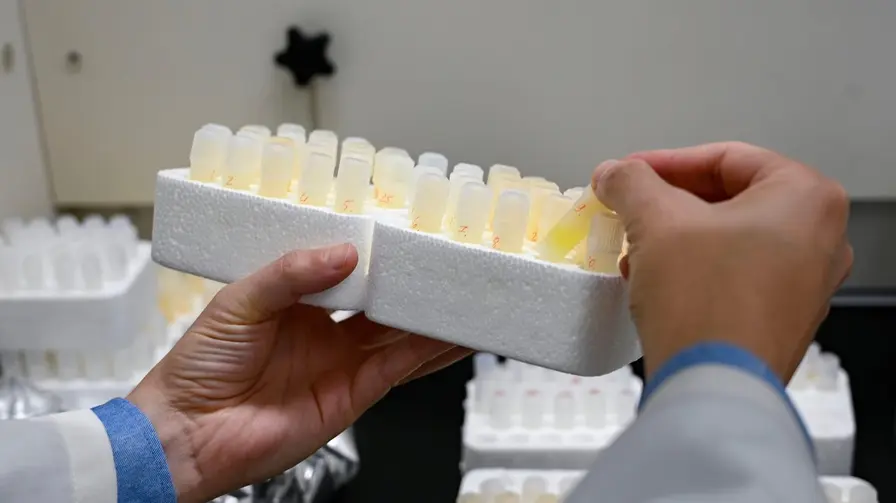
Harvard lithium study renews hope for Alzheimer's treatment
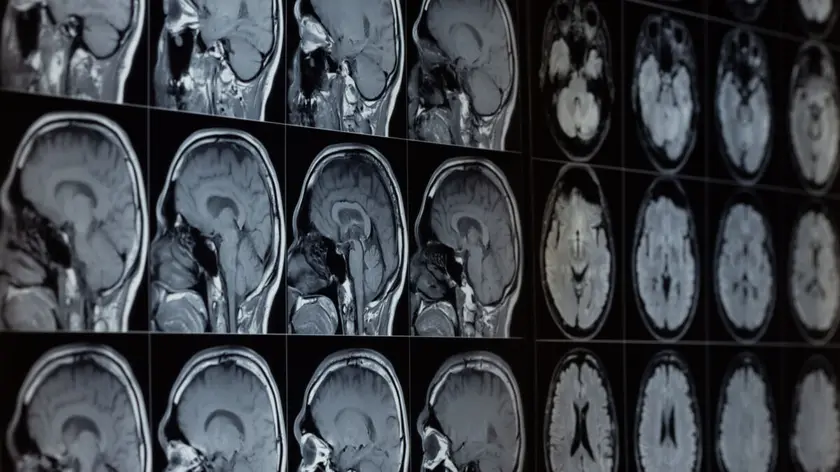
New study links lithium deficiency to Alzheimer's risk
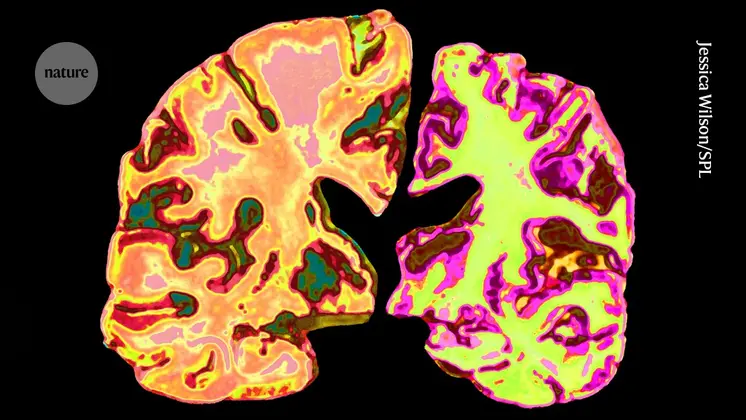
New study reveals lithium’s potential in treating Alzheimer’s
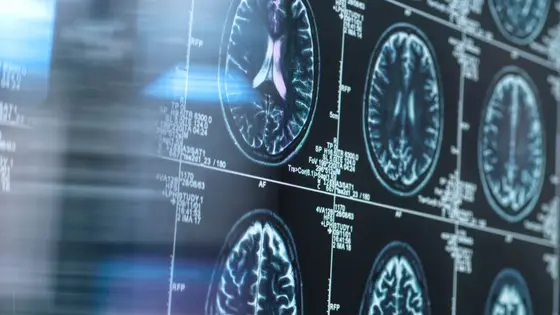
New Harvard study reveals lithium could fight Alzheimer's
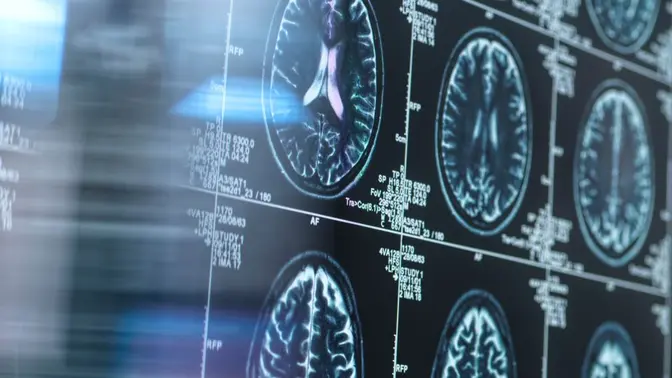
New study reveals lithium's potential role in Alzheimer's prevention
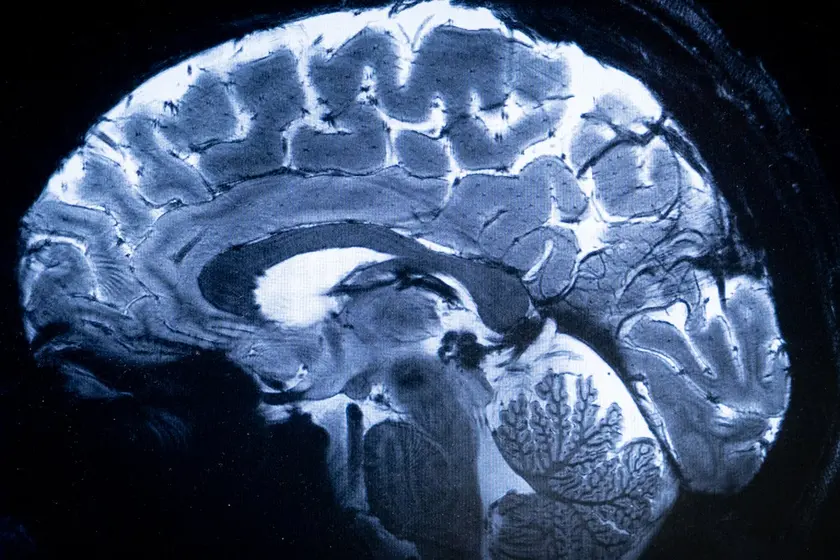
New study links lithium deficiency to Alzheimer's disease

New study reveals lithium's potential in Alzheimer’s treatment
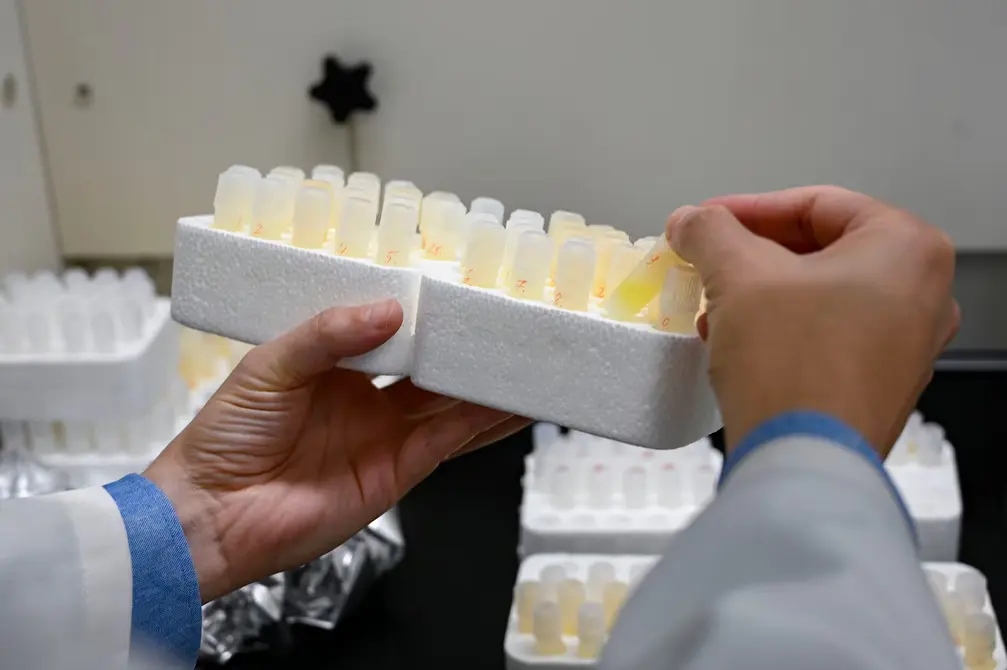
New study shows lithium may protect against cognitive decline
